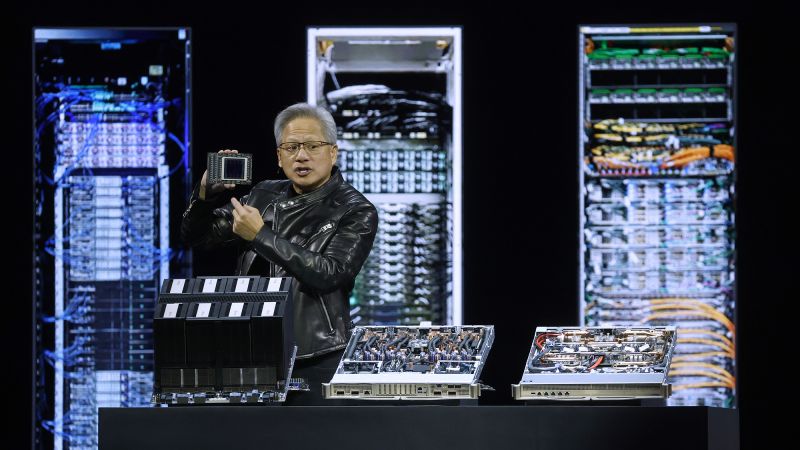

Again, the only people who actually know what the phone number is used for are the people who operate the server. I don’t know why this is such a difficult concept for people to grasp. They don’t need the information contained in the messages. Once the phone number is collected, it CAN be stored and associated with your account. There is no way for you to know whether that happens or not unless you have access to that server. There is no way for you to verify that the server does what people operating it say it does. That’s what makes it a trust based system.

















You mean an event similar to the times the US previously shot down civilian ariliners? https://en.wikipedia.org/wiki/Iran_Air_Flight_655